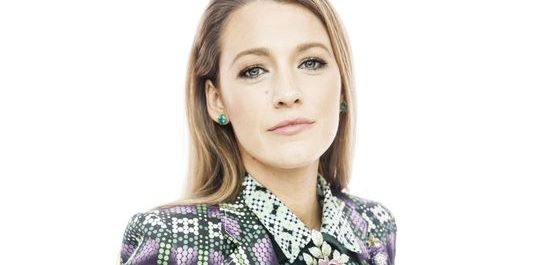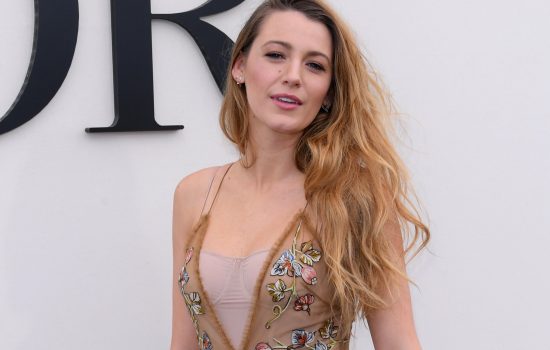USA TODAY – In “A Simple Favor,” Blake Lively plays her most unapologetic character yet.
Emily (Lively) is a martini-swilling, foul-mouthed enigma: effortlessly cool and besotted with her husband (Henry Golding) and young son (Ian Ho), but secretly desperate to escape their cushy suburban lifestyle and unleash her dark side.
Peppy mommy blogger Stephanie (Anna Kendrick) is instantly drawn to Emily when they meet at their children’s school, and begins to emulate her confident approach to life as their friendship deepens.
“Never say sorry — it’s a (expletive) up female habit,” Emily reprimands Stephanie early in the R-rated thriller (in theaters Sept. 14). It’s a reminder that Lively, 31, finds empowering, both in her own career and in the context of the film.
“I don’t think it’s a female-specific thing, although maybe females are encouraged to apologize more often for themselves, unfairly,” Lively tells USA TODAY. “But I actually really love that Emily makes note of that: ‘Stop minimizing yourself, you don’t need to apologize.’ She sees a lot of value in Stephanie and is trying to say, ‘Step into your skin.’ She thinks this woman is awesome.“
The “Gossip Girl” actress admits that, early in her career, she often felt discouraged from voicing opinions in meetings or on a set. But by choosing to work with open-minded collaborators, including “Simple” director Paul Feig, she learned to stop saying “sorry” for speaking up.
“With age, you get more and more confident,” Lively says. “I spent a lot of my creative life trying to just go along with it, and when I had ideas, I felt like they weren’t encouraged. People just want you to show up, put on clothes, say words that aren’t yours and do what you’re told to do, versus actually being a creative partner. The older I’ve gotten, the more I’ve realized how much better work I do when I get to collaborate, and it’s really not worth it otherwise.
“So I’ve found that the work I’m most proud of are the experiences in which I was valued and those are not ones where you’re apologizing — those are ones where any idea is welcomed and heard. Those experiences teach me to stand up for what I believe in, creatively.“
 Welcome to Blake Lively Source, your #1 fansite and guide about the actress
Blake Lively. We work to provide you with the latest news, photos,
videos and more!
We hope you will enjoy our site and we encourage you to visit us again to get the latest updates on
Blake.
Welcome to Blake Lively Source, your #1 fansite and guide about the actress
Blake Lively. We work to provide you with the latest news, photos,
videos and more!
We hope you will enjoy our site and we encourage you to visit us again to get the latest updates on
Blake.















